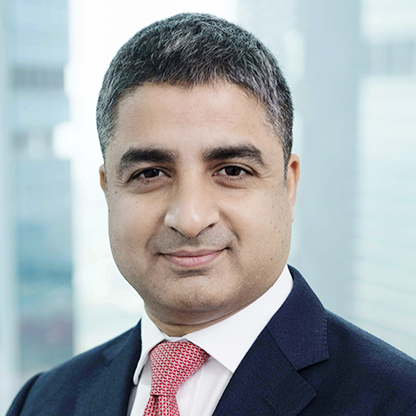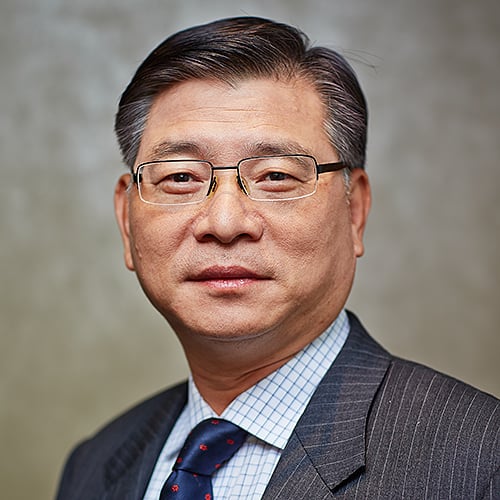Asia ex-Japan retail investors of all wealth tiers and age groups have become more conservative in 2016 compared to 2015, a survey conducted for the upcoming The Cerulli Report - Asian Wealth Management 2016 has shown.
Due to unsettled market conditions, Asia ex-Japan retail investors have become less patient in their investment horizons. The survey reveals the proportion of respondents with an investment horizon of three years or less rose 48.4% in 2016, from the 39.1% seen in the 2015 survey.
Generally, Asia ex-Japan investors have higher cash holdings in 2016 compared to last year. Except for India, investors in other Asian markets pared down their exposure to unit trusts, mutual funds, and exchange-traded funds.
Indian investors appeared to put more money in managed funds at the expense of investment properties. Hong Kong investors also reduced their exposure to investment properties as prices have been falling steeply in recent years, in favor of directly held bond investments.
Meanwhile, the shift from other asset classes to alternatives was muted for the past year. The survey reveals China is the only country that showed a more than one percentage-point uptick in holdings in the asset class between the 2015 and 2016 surveys.
However, Cerulli notes that alternative products in China are unlike those available in Singapore, for example. In China, alternatives tend to be in the form of structured products, whereas in Singapore, they are often more conventional liquid alternative funds. Cerulli notes that allocations to alternatives in Singapore remained steady over the period, helped by their availability to lower-wealth-tier investors.
Third, funds of funds managed by foreign asset managers have become popular in Taiwan, as they oversee seven of the top-10 funds of funds in terms of inflows year-to-date July 2016.
Evidently, Taiwanese investors are very keen for international exposure. Cerulli believes this provides foreign asset managers with the opportunity to leverage their reputation and expertise to make greater inroads onshore.
Meanwhile, as the FSC continues to tighten regulations on the offshore fund space, it will be harder for smaller, boutique foreign asset managers with niche investment products to enter the Taiwanese market.
This might have an impact on the diversity of products available to Taiwanese investors, and Cerulli notes that it will be ideal for offshore and onshore fund management to co-exist so as not to potentially stifle further product innovation.









